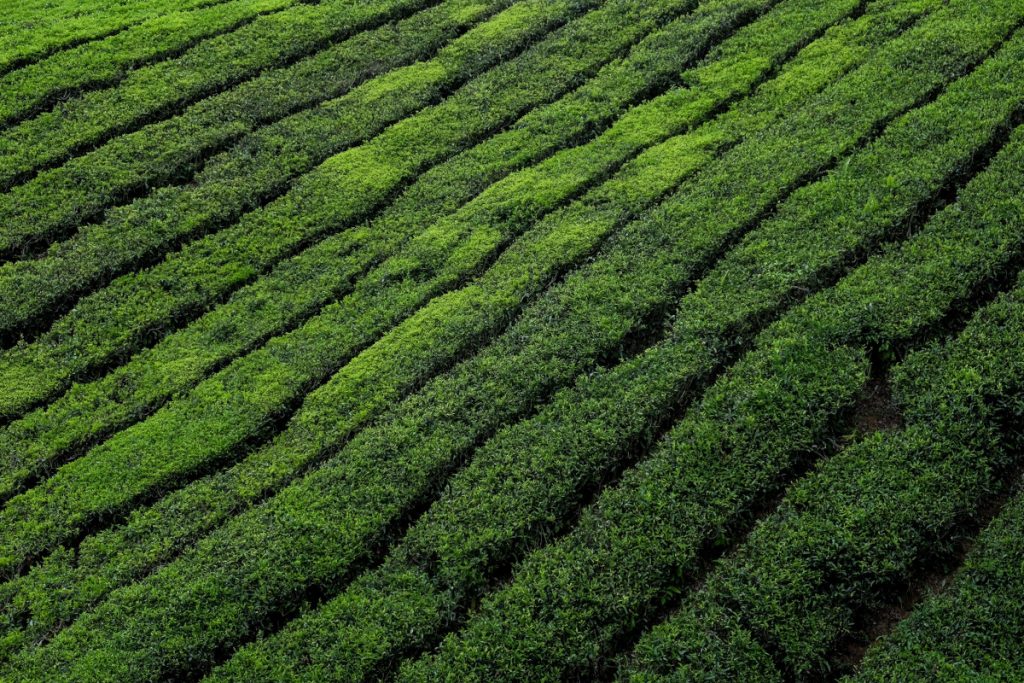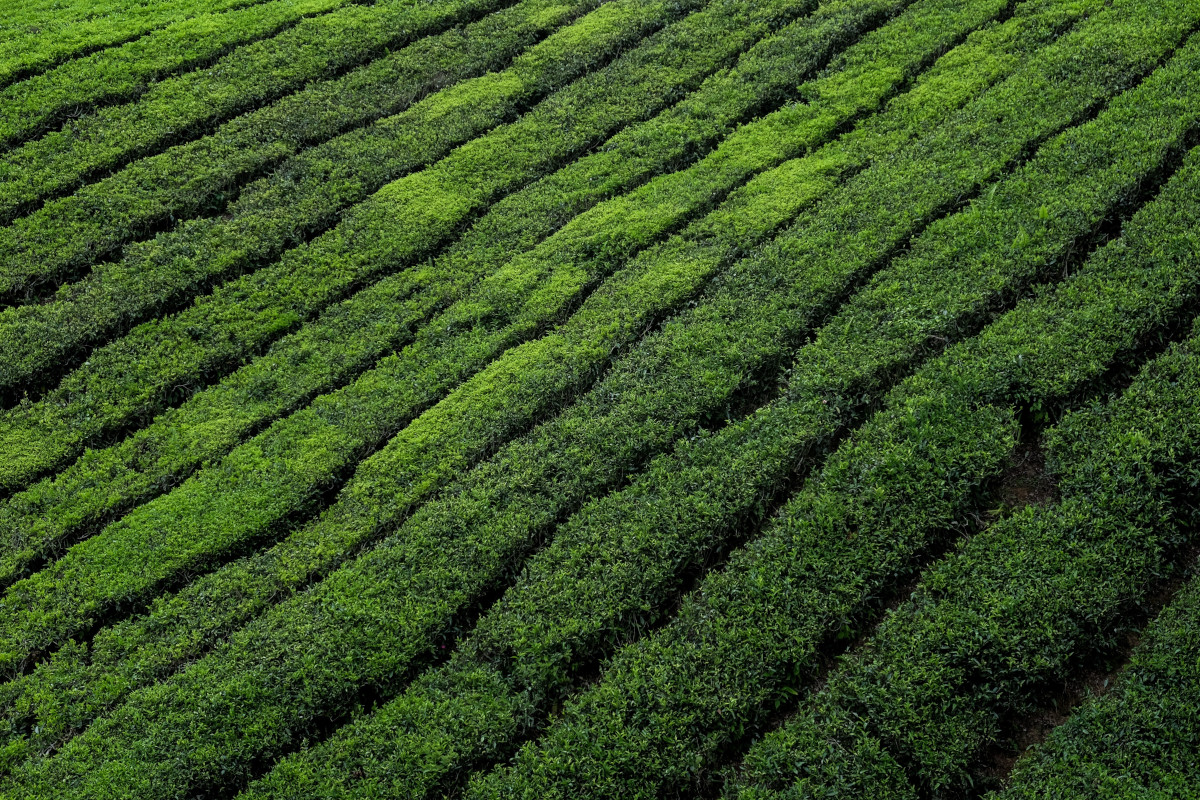Fairtrade’s risk map highlights human rights and environmental threats
Fairtrade has released a new risk map that shows the greatest human rights and environmental risks in the sectors where it operates. According to Fairtrade, human rights violations and environmental harm remain widespread in global supply chains. One in five workers globally lives in poverty; agricultural production is responsible for 70% of freshwater withdrawals across the world; and child labour is increasing.
The risk map covers bananas, coffee, cocoa, wine grapes and honey, as well as the most common countries of origin for these products, with more products to be added in the coming months. The identified risks relate to the products and their associated growing regions for any supply chains, not only for Fairtrade. This means anyone – from farmers and worker organisations to brands to NGOs – can appreciate the risks to communities and in supply chains.
The website also includes detailed information on specific risk issues such as child labour, gender rights and living income, as well as environmental risks related to climate change, water, and biodiversity. As well as cataloguing the most common risks, the map demonstrates how they are inseparable from their root causes, such as poverty, inequality, and exploitation.
The launch comes as companies face growing legal obligations to carry out risk assessments and prevent, mitigate, and remediate the greatest risks in their supply chains.
A product of Fairtrade’s ongoing risk and impact assessment work, the map adds value by incorporating the input of rightsholders, Fairtrade said. This is collected through dialogue and participatory processes.
To develop the map Fairtrade spent several months working with farmer cooperatives, workers and plantation management, and Fairtrade staff across six continents, as well as external experts.
Marike de Peña, president of the Fairtrade Producer Network for Latin America and the Caribbean CLAC, said: “The risk map can facilitate a transparent dialogue between supply chain actors and help companies in building effective responses to address the greatest risks, avoiding further harm to farming communities and the planet.”
Based on its experience, Fairtrade can support companies in each step of implementing their due diligence responsibilities, particularly in the identification, prevention and mitigation of harms and risks.




